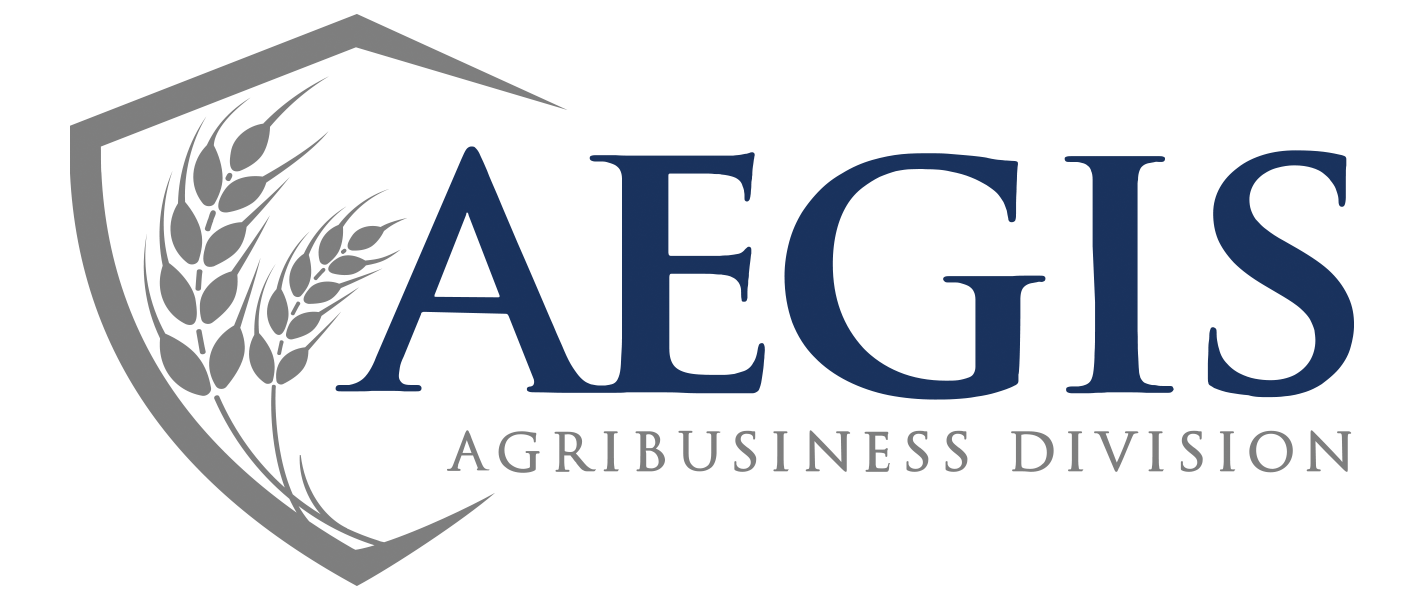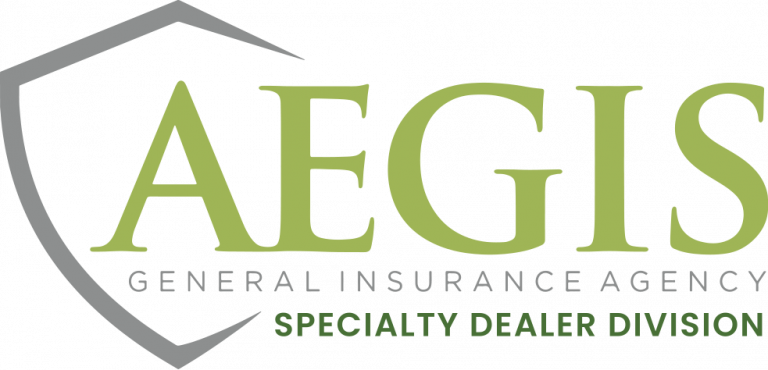Franchised auto dealership insurance protects dealers that sell cars from specific manufacturers. In contrast to independent dealers, franchised dealerships face unique challenges that make having specialized insurance crucial.
Acknowledging the significant role of insurance helps franchised auto dealers confidently navigate the industry. It ensures financial resilience and increases protection against unforeseen risks.
This article aims to illuminate and help franchised auto dealerships avoid pitfalls in their insurance coverage. By recognizing and proactively addressing these challenges, dealers can ensure their insurance strategies provide robust protection against potential risks.
1. Inadequate Liability Protection
The auto dealership business inherently carries liability risks, encompassing accidents during test drives, property damage on the premises, customer injuries, and other issues.
Managing these risks is crucial to implementing effective strategies. Furthermore, it ensures customer safety and the business’s financial stability.
Common Misconceptions About Liability Coverage
Many business owners have a limited view of liability coverage, assuming it solely pertains to customer injuries. Many overlook aspects like property damage or defective products.
Another common misunderstanding is thinking that general liability coverage offers sufficient risk protection. Consequently, some neglect the need for specialized policies tailored to the unique risks of the auto dealership business.
Tips for Securing Sufficient Liability Protection
Securing sufficient liability protection is essential for shielding franchised auto dealerships from potential legal and financial risks. Here are some suggestions for ensuring adequate liability protection:
- Conduct a risk assessment to identify unique liability exposures.
- Ensure liability coverage includes customer injuries, property damage, defective products, and other potential risks.
- Work closely with an insurance professional with experience in the automotive industry.
- Regularly review and update liability coverage to align with changes in business operations.
- Consider umbrella or excess liability coverage to provide additional layers of protection.
Garage Liability Insurance Vs. General Liability
General liability insurance provides broad coverage for common risks. On the other hand, garage liability insurance addresses the unique challenges of businesses operating in the automotive industry. Both serve distinct purposes in the realm of business protection.
2. Failure to Update Coverage
Regularly reviewing and updating insurance policies is crucial for franchised auto dealerships to stay ahead of evolving risks and ensure adequate coverage. Proactively adjusting policies in line with changes in the dealership’s operations and market conditions enhances risk management and contributes to the business’s financial resilience.
Risks of Outdated Coverage
In the automotive industry, risks associated with outdated coverage can significantly impact the business’s financial well-being and operational stability. Here are some dangers of outdated coverage:
- Technology risks: Outdated coverage may not adequately address emerging vehicle technologies, exposing dealerships to potential liabilities related to new features.
- Environmental regulations: Changes in environmental standards and regulations may not be reflected in outdated policies, potentially leading to fines and liabilities.
- Cybersecurity threats: The growing digitization of automotive systems poses cybersecurity risks, placing dealerships at risk of data breaches and associated legal consequences.
- Product liability: As vehicle designs and manufacturing processes evolve, outdated coverage may fail to account for new product liability risks.
- Market value fluctuations: Outdated coverage might not accurately reflect the current market value of vehicles, resulting in inadequate compensation in the event of a covered loss.
3. Overlooking Cybersecurity Risks
The automotive sector is increasingly vulnerable to cyber-attacks. The risk is heightened by the growing integration of digital technologies in vehicles.
Neglecting cybersecurity insurance can expose dealerships to severe consequences. Among these are compromised customer data, operational disruptions, reputational damage, and the potential for legal action.
Proactive investment in robust cybersecurity insurance is crucial for safeguarding the integrity and continuity of operations within the automotive industry.
Safeguarding sensitive customer data may require exploring tailored cybersecurity coverage. Dealerships should collaborate with experienced insurance professionals to customize policies, prioritize employee training, and stay abreast of evolving cyber threats.
4. Neglecting Employee Training on Insurance Protocols
Employees help maintain effective insurance practices by adhering to established protocols, accurately documenting interactions, and promptly reporting incidents.
Employee negligence or lack of awareness may result in potential coverage gaps, delayed claims processing, and heightened exposure to legal and financial liabilities for the dealership.
Implementing comprehensive training programs and fostering a culture of risk awareness can significantly mitigate these risks. Doing so also contributes to the overall effectiveness of insurance practices.
Establishing a regular and structured training schedule helps staff remain well-versed in insurance protocols. Training should cover claims procedures, documentation requirements, and compliance standards.
Incorporating interactive elements, case studies, and real-world examples helps enhance engagement and reinforce understanding while fostering a culture of continuous learning within the dealership.
5. Lack of Adequate Coverage
Understanding specific risk exposures unique to franchised auto dealerships is crucial for tailoring insurance coverage effectively. Failing to do so can lead to underinsurance or coverage gaps, exposing the dealership to financial losses, legal complications, and operational disruptions.
Franchised auto dealerships should periodically conduct a thorough risk assessment. Factors include location, inventory size, and emerging industry trends, with coverage adjusted accordingly to address identified vulnerabilities.
In addition to standard coverage, your clients should consider additional coverages such as comprehensive dealer open lot insurance, cybersecurity coverage, and employment practices liability insurance. Doing so will help ensure robust protection against various potential risks.
Help Your Franchised Auto Dealer Clients Avoid Insurance Pitfalls
Neglecting to regularly review and update franchised auto dealership insurance policies can lead to significant pitfalls, exposing dealerships to potential coverage gaps and financial risks.
As an insurance agent, you can guide franchised auto clients in adopting a proactive approach to risk management, helping them obtain comprehensive coverage tailored to their unique needs.
For personalized assistance and strategic risk solutions, take the initiative. Contact K2 Dealer Insurance today.
About K2 Dealer Insurance
Aegis General Insurance Agency — Specialty Dealer Division strives to create a leading underwriting and distribution franchise in the program insurance market. We’ve bridged the gap between agents and client payments with our efficient ACH payment system. Partnering with us gives agents the advantage of ACH payment capability, allowing for direct billing through the firm. Call us today at (866) 429-1638 to find out how you could partner with K2 to offer top-tier insurance coverages and modern features to your clients.













